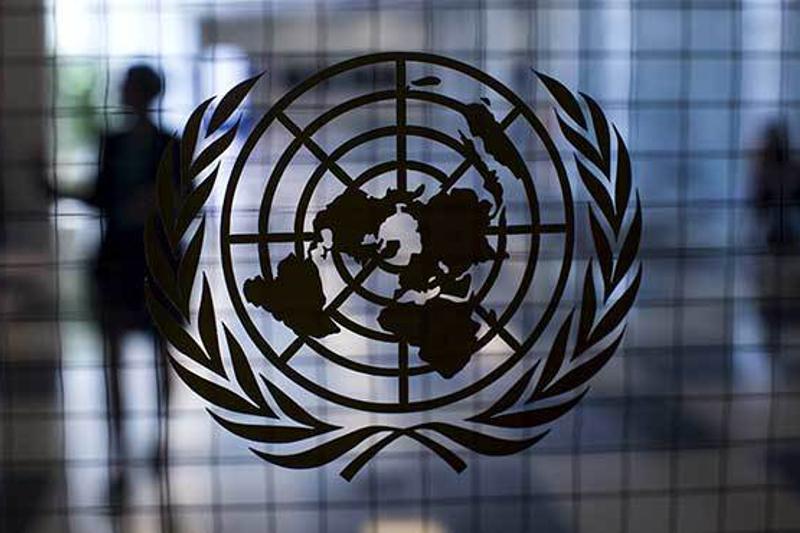Statement by Dmitry Polyanskiy, First Deputy Permanent Representative of Russia to the UN, at the open VTC of UNSC Members on the situation in Haiti
Mme. President,
We’re grateful to the SRSG, Ms.Helen La Lime for the briefing on the situation in Haiti and the work of the UN Integrated office in the country (BINUH).
When in February we discussed the first report on that special political mission it was clear that the country was experiencing a dramatic period, accompanied by public unrest and the absence of functional government. Now, four months later, the situation is aggravated by expiration of the Parliament’s mandate, spread of pandemic and upcoming hurricane season.
All that complicates even more the uneasy tasks the country has to solve and places additional responsibility on the UN presence, mandated to render consultative support to Haitians.
We continuously reiterate that whatever difficult tasks are there on the agenda of a country, they can only be effectively accomplished with collective national ownership. For that very reason, what Haiti really needs today is not sympathy of the international community, but inclusive national dialogue to overcome divergences between political stakeholders.
Only such a dialogue can help compose a Parliament, a Government that would enjoy wide support and, at the end of the day, to hold presidential elections in line with the Constitution. All these elements of governance are not mere symbols of power, but essential components – a foundation of a stable state.
Thus, for Haiti the exercise of national ownership should begin with a direct dialogue between political forces of the country. Only after this stage, one can be serious about effectively addressing gangs’ activity, unemployment and pandemic, not to mention the restart of economy and achieving socio-economic development.
Mme. President,
We welcome information contained in the report on the efforts to establish such a dialogue. But we regret that Haitians so far failed to come up with sustainable agreements, despite facilitation by BINUH. We believe this part of Mission’s mandate should be prioritized. During such a crucial period for the country it is important not to waste time and resources for the tasks which require political stability in the country anyway.
We took note of the assessment of Haiti National Police, contained in the report. The current situation places special responsibility on the law enforcement too, as on one hand the HNP is to guarantee public safety and security, while on the other – it should refrain from interfering into political processes. We hope that self-organization of the HNP staff members along with improvement of discipline will help strengthen the potential amid suspension of new recruitments.
In conclusion I would like to reiterate that situation in Haiti is a vivid example of how at the height of political struggle the very basis of state administration can be undermined. And political dysfunction quickly transforms into economical one. It should have long become a “lesson learned” for those who keep adventurously interfering into the internal affairs of states in Western hemisphere. There is no alternative to negotiated settlement of disputes in the countries of the region, through a direct internal dialogue without any preconditions and external interference.
From our own part, we will continue to make sure that the Council’s efforts on Haiti result in a genuine normalization in the country and strengthening of its sovereignty and self-sufficiency.
Thank you.
